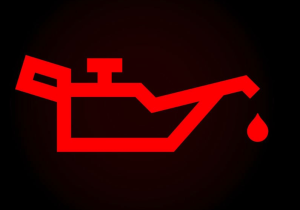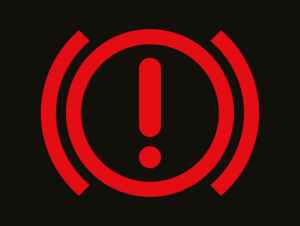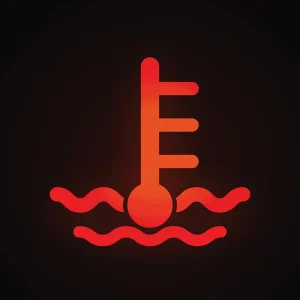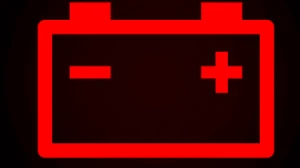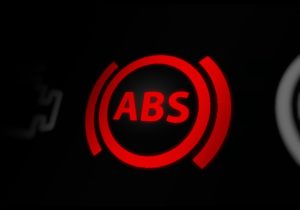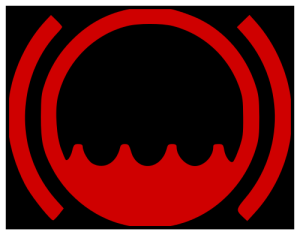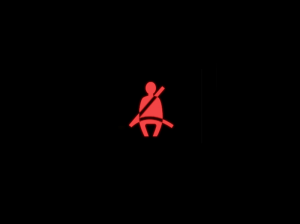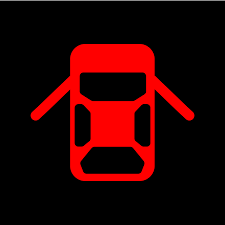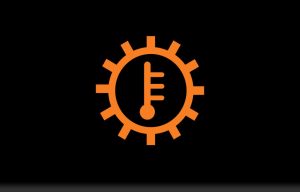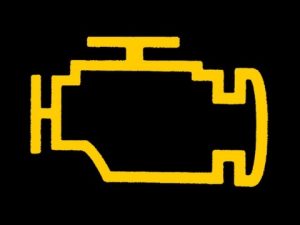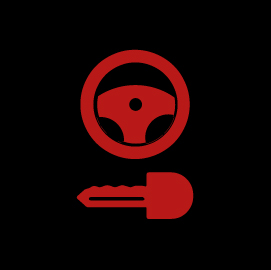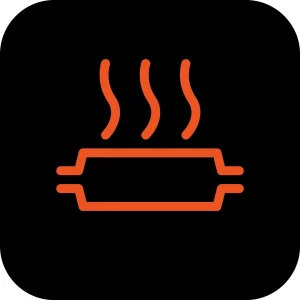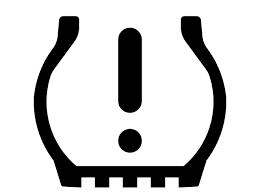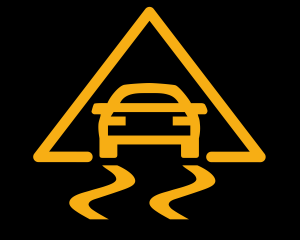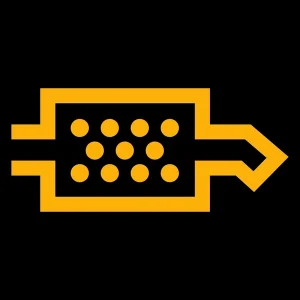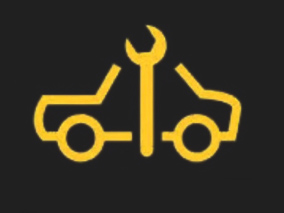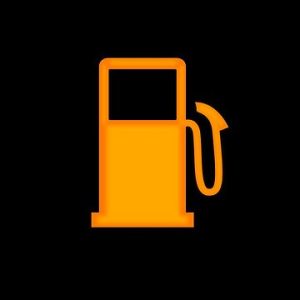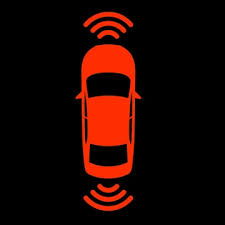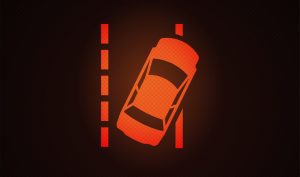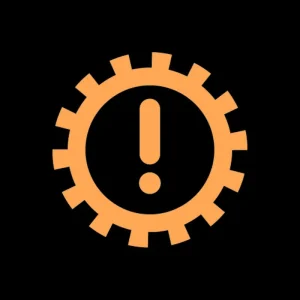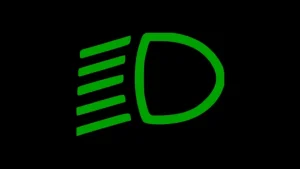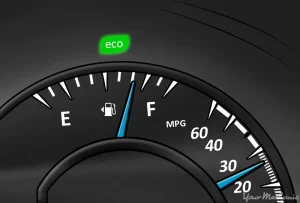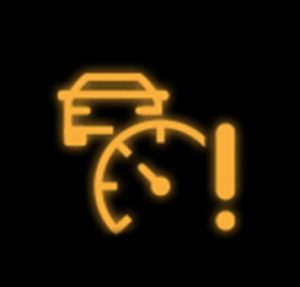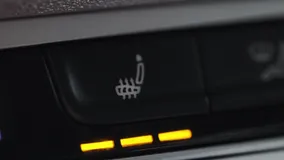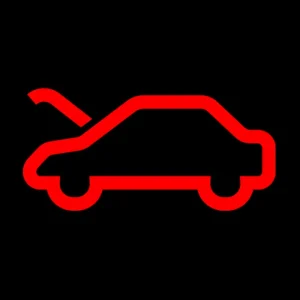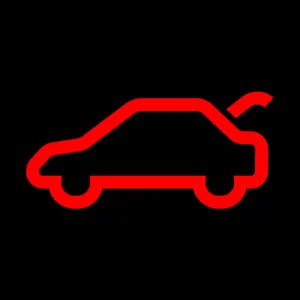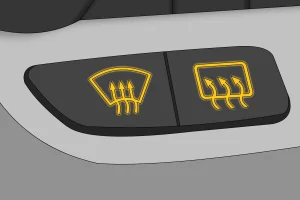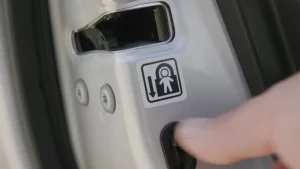Understanding dashboard warning lights in your Mahindra Verito is essential for maintaining vehicle safety and preventing costly breakdowns. These lights alert you to potential issues ranging from minor information to critical problems that could lead to accidents or engine damage if ignored. By recognizing them promptly, you can take quick actions like checking fluids or seeking professional help, ensuring your car runs smoothly and safely.
Quick Navigation
Red Warning Lights (Stop Immediately)
These lights signal urgent issues that require you to pull over right away to avoid serious damage or safety risks.
Engine Oil Pressure
Low oil pressure can cause engine damage from lack of lubrication. Possible causes include oil leaks or low levels. Stop driving, check oil, and add more if needed; see a mechanic immediately.
Brake System Alert
Indicates problems like low brake fluid or system failure, risking loss of braking power. Pull over safely, check fluid levels, and contact a service center without driving further.
High Coolant Temperature
Engine is overheating, often due to low coolant or radiator leaks. Stop the vehicle, let it cool, check coolant, and get professional help to prevent engine harm.
Battery Charge Warning
Battery isn’t charging properly, possibly from a faulty alternator. Stop and turn off the engine; have it towed to a mechanic as driving could lead to complete power loss.
Airbag Fault
Airbag system has a malfunction and may not deploy in a crash. Causes include sensor issues. Stop and visit a service center for inspection to ensure passenger safety.
Power Steering Failure
Power steering isn’t working, making steering hard and unsafe. Pull over; check fluid if applicable, but seek immediate mechanic assistance.
ABS System Fault
Anti-lock brakes are not functioning, increasing skid risk during hard stops. Stop driving and have the system checked by a professional.
Low Brake Fluid
Brake fluid is too low, compromising braking efficiency. Park immediately, top up fluid if possible, and consult a mechanic.
Seatbelt Reminder
Not all seatbelts are fastened, raising injury risk in accidents. Stop and ensure everyone buckles up before proceeding.
Door Ajar Warning
A door isn’t fully closed, which could open while driving. Pull over, check and secure all doors properly.
Transmission Overheat
Transmission fluid is too hot, possibly from heavy load or low fluid. Stop, let it cool, and check fluid; see a mechanic.
Engine Fault Critical
Severe engine issue like overheating or major failure detected. Stop immediately and have the vehicle towed for diagnosis.
Steering Wheel Locked
Steering is locked due to anti-theft system or fault. Stop and try restarting; if persistent, call for service.
Catalytic Converter Fault
Converter is failing, causing engine damage or emissions issues. Stop and seek immediate repair.
Yellow/Amber Warning Lights (Action Required Soon)
These indicate issues that need attention soon but don’t require immediate stopping; address them to avoid escalation.
Check Engine Light
Engine has a fault like a loose fuel cap or sensor issue. Causes vary; scan for codes and visit a mechanic soon.
Tyre Pressure Monitoring
One or more tyres have low pressure, affecting handling and fuel use. Check and inflate tyres; inspect for damage.
Glow Plug Indicator
In diesel models, glow plugs aren’t heating properly for cold starts. Wait for it to go off or see a mechanic if it stays on.
ESP/ESC System
Electronic stability control is off or faulty, reducing traction on slippery roads. Have it checked at a service center.
Diesel Particulate Filter
Filter is clogged, leading to higher emissions or power loss. Drive at higher speeds to regenerate or visit a mechanic.
Service Due Soon
Vehicle is due for routine maintenance based on mileage. Schedule a service to prevent bigger problems.
Bulb Failure
A light bulb like headlight or brake light is out. Replace the bulb soon to maintain visibility and avoid fines.
Low Fuel Warning
Fuel is low, entering reserve. Refuel at the next station to avoid running out.
Check Brake Pads
Brake pads are worn thin, reducing stopping power. Inspect and replace pads at a garage.
Parking Sensors Fault
Sensors for reversing aid aren’t working properly. Clean them or get them checked for faults.
Air Suspension Issue
Suspension has a leak or sensor problem, affecting ride height. Visit a mechanic for repairs.
Front Radar Fault
Adaptive cruise or collision sensor is malfunctioning. Have it diagnosed to restore safety features.
Lane Assistant Off
Lane-keeping system is disabled or faulty. Reactivate if possible or seek service.
Check Wheel Alignment
Wheels are out of alignment, causing uneven tyre wear. Get an alignment check soon.
Powertrain Malfunction
Issue with engine or transmission components. Drive carefully and get it serviced promptly.
Green Information Lights (Information Only)
These provide status updates on active features; no action is typically needed unless they indicate a mode change.
Low Beam Lights On
Front low-beam headlights are active for normal driving. No action required.
High Beam Lights On
High-beam headlights are engaged for better visibility. Dim them for oncoming traffic.
Automatic Lights Active
Lights turn on automatically in low light. Ensure they’re functioning.
Front Fog Lights Enabled
Fog lights are on for poor visibility. Turn off when not needed to save battery.
ECO Mode On
Fuel-saving mode is active, optimizing for efficiency. Switch off for more power if desired.
Cruise Control Activated
Cruise control is set and maintaining speed. Adjust as needed.
Heated Seats On
Seat heaters are running. Adjust level or turn off to conserve power.
Vehicle In Park
Transmission is in park position. Safe to exit the vehicle.
Hood Open Indicator
Hood is not fully closed. Secure it before driving.
Trunk Open Indicator
Trunk isn’t latched properly. Close it securely.
Rear Window Defrost
Defroster is melting ice on the rear window. Turn off when clear.
Hazard Warning Lights
Hazards are flashing to alert other drivers. Use in emergencies.
Intermediate Wipers On
Wipers are in automatic or intermittent mode. Adjust based on rain.
Child Safety Lock
Locks are engaged for child safety. Deactivate when not needed.

